Home renovation can be extremely stressful. With these 10 tips, you can plan your project with ease.
1. Verify your insurance coverage
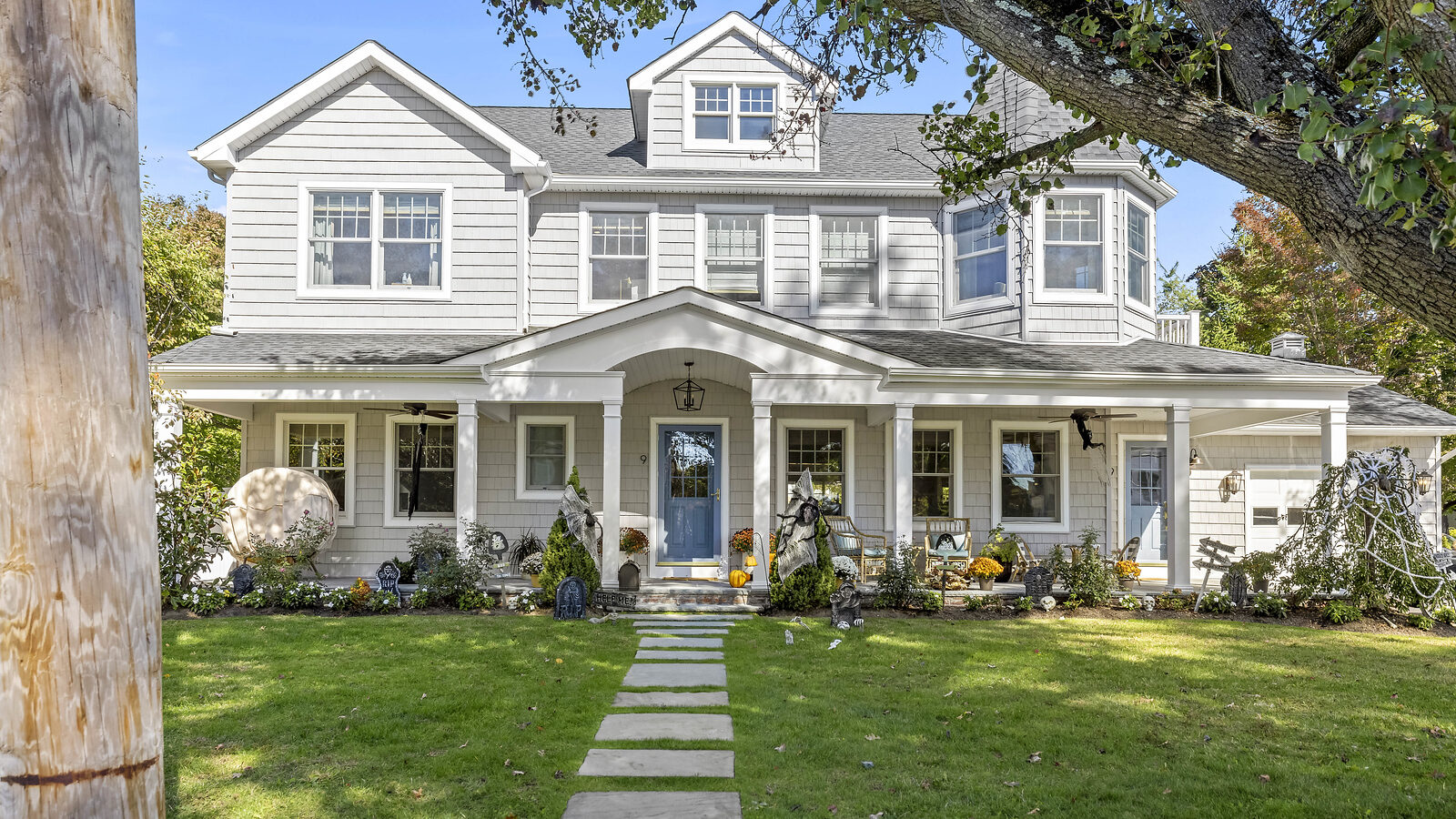
Before starting your renovation, it’s vital that you contact your insurance provider to make sure you have the right insurance to cover your property and possessions during the entire process.
2. Snap some before shots
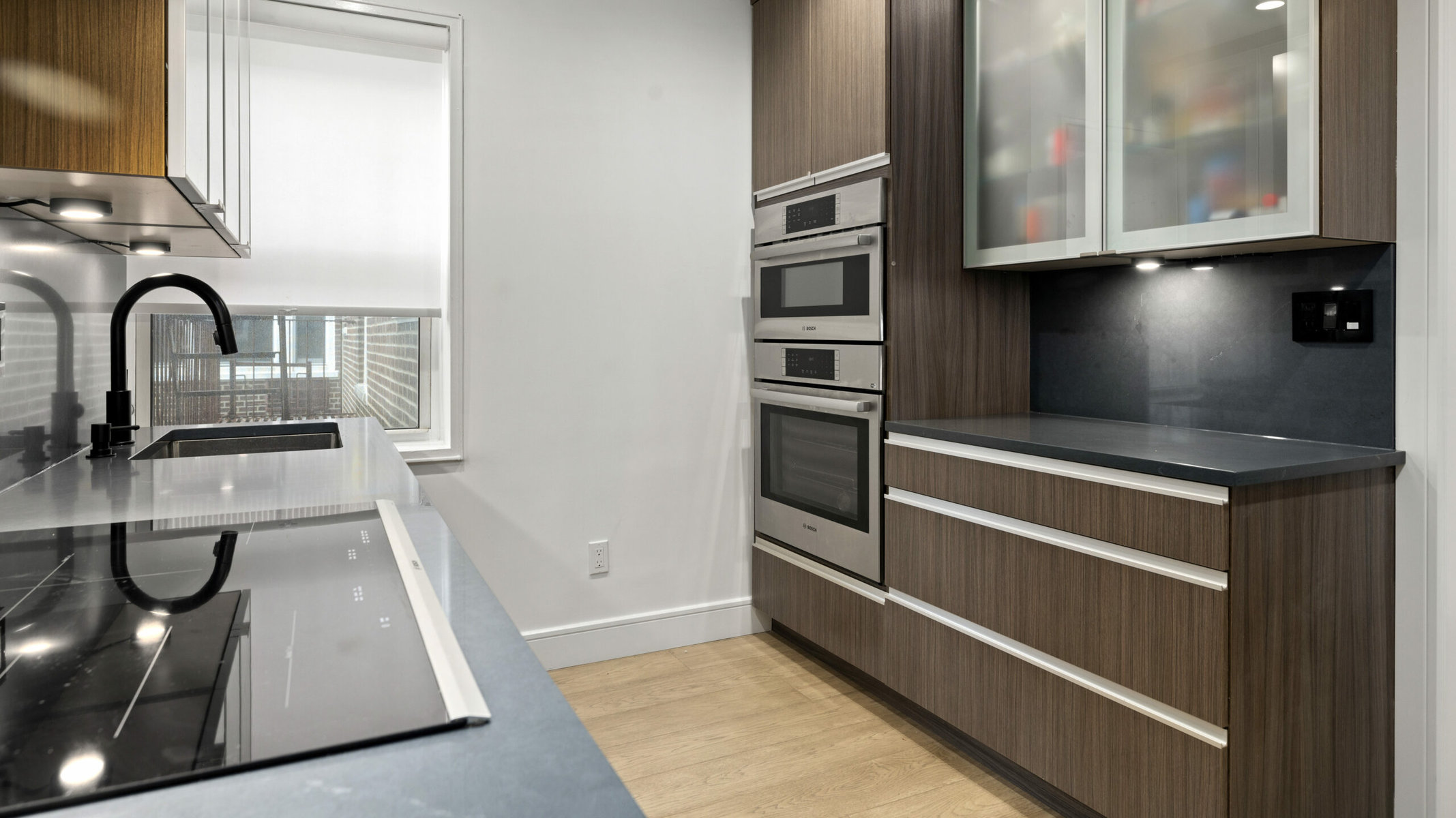
The renovation you’re about to have done will feel a lot more gratifying if you can fully grasp the transformation. Take a few before photos before it is too late. Your home is about to be changed forever!
3. Try to reduce waste
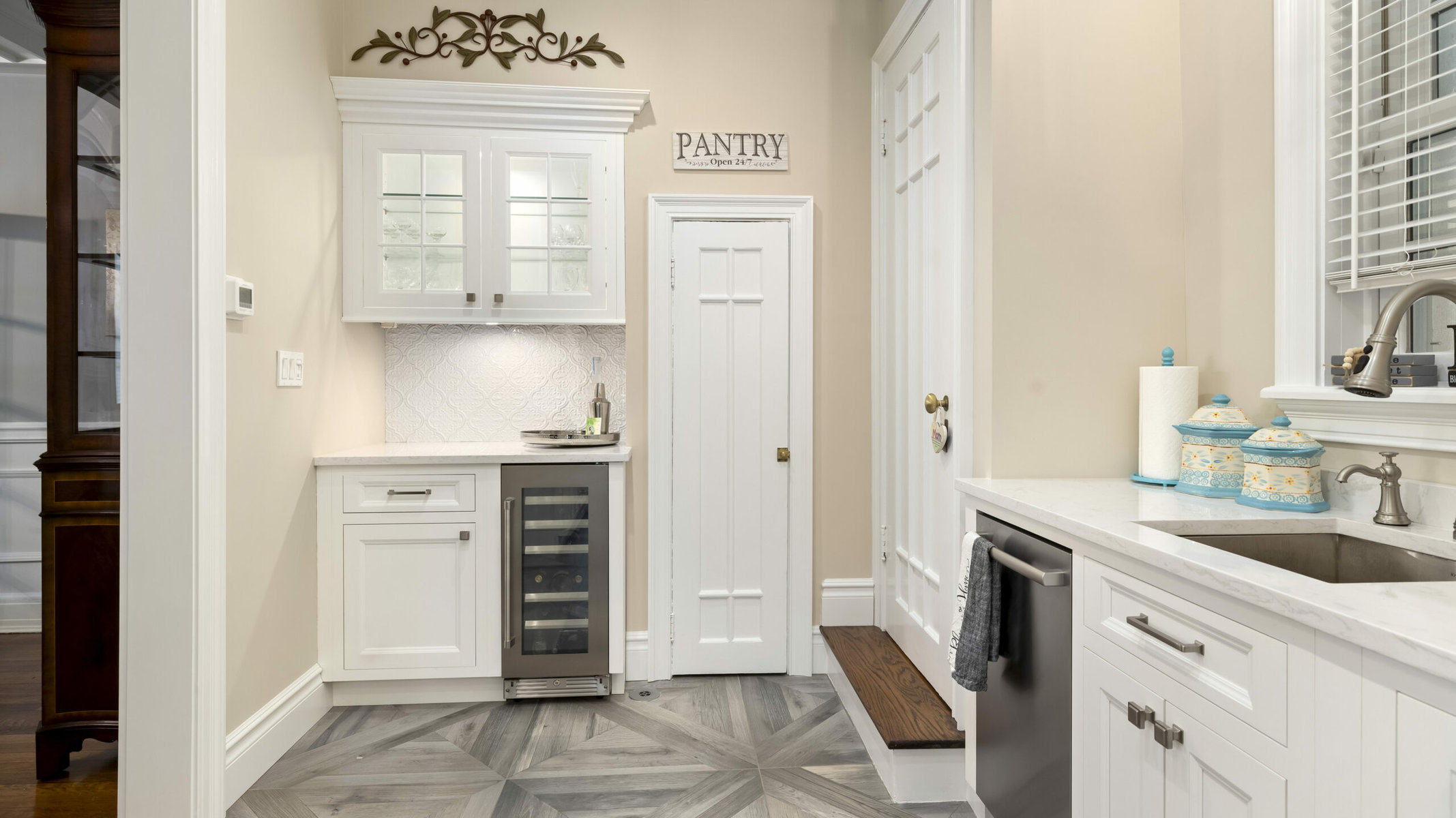
No one likes to throw away items that could have been used. Before construction begins, try to use up any extra food or toiletries that could expire before the work is done.
4. Break the news to the neighbors
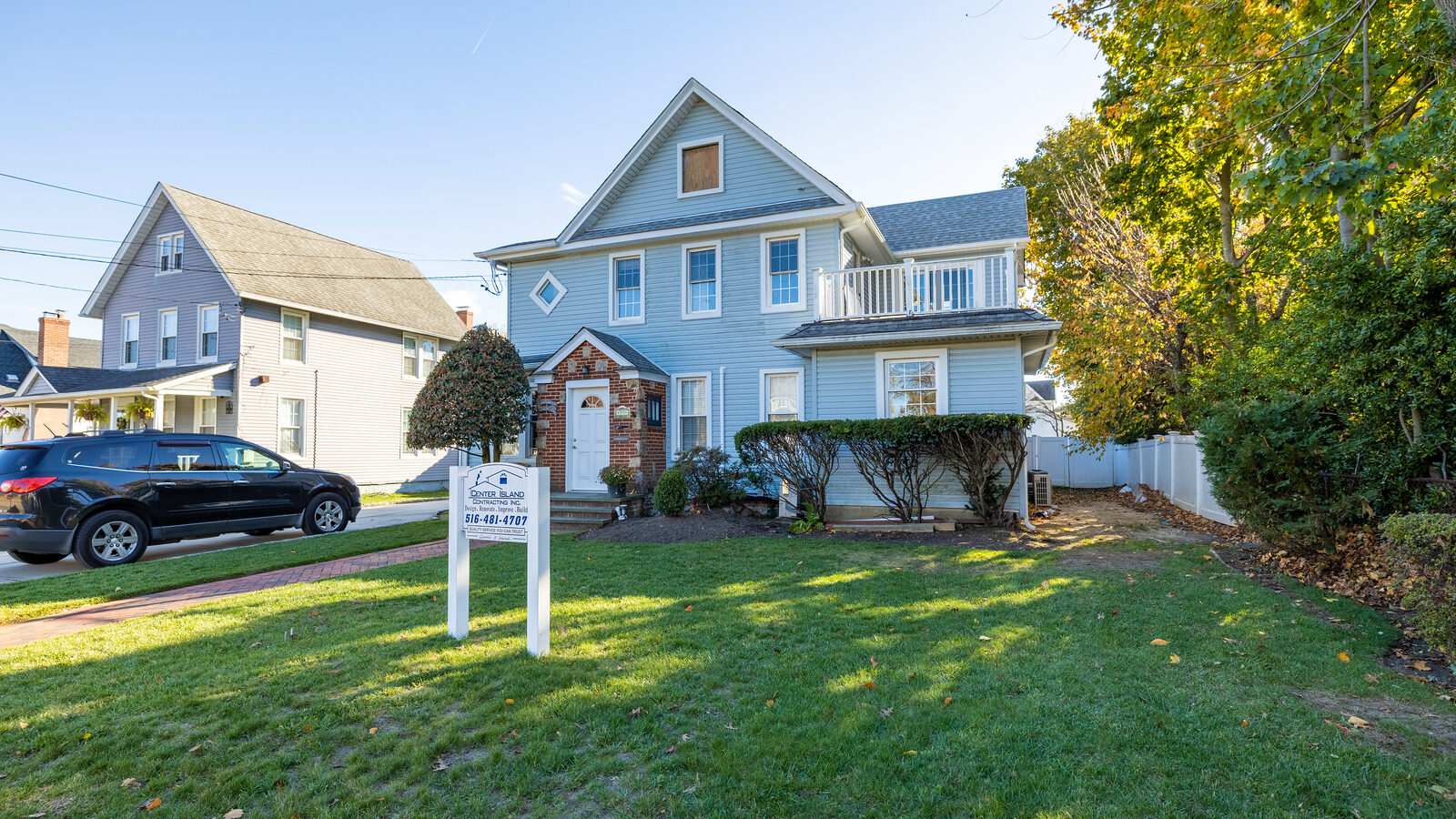
Your neighbors may not be thrilled that you will be having construction done. However, clear communication is key to preventing frustration. You can even ask them if there are certain days/times when they will need quiet, like a baby’s nap time.
5. Staying put or moving out?
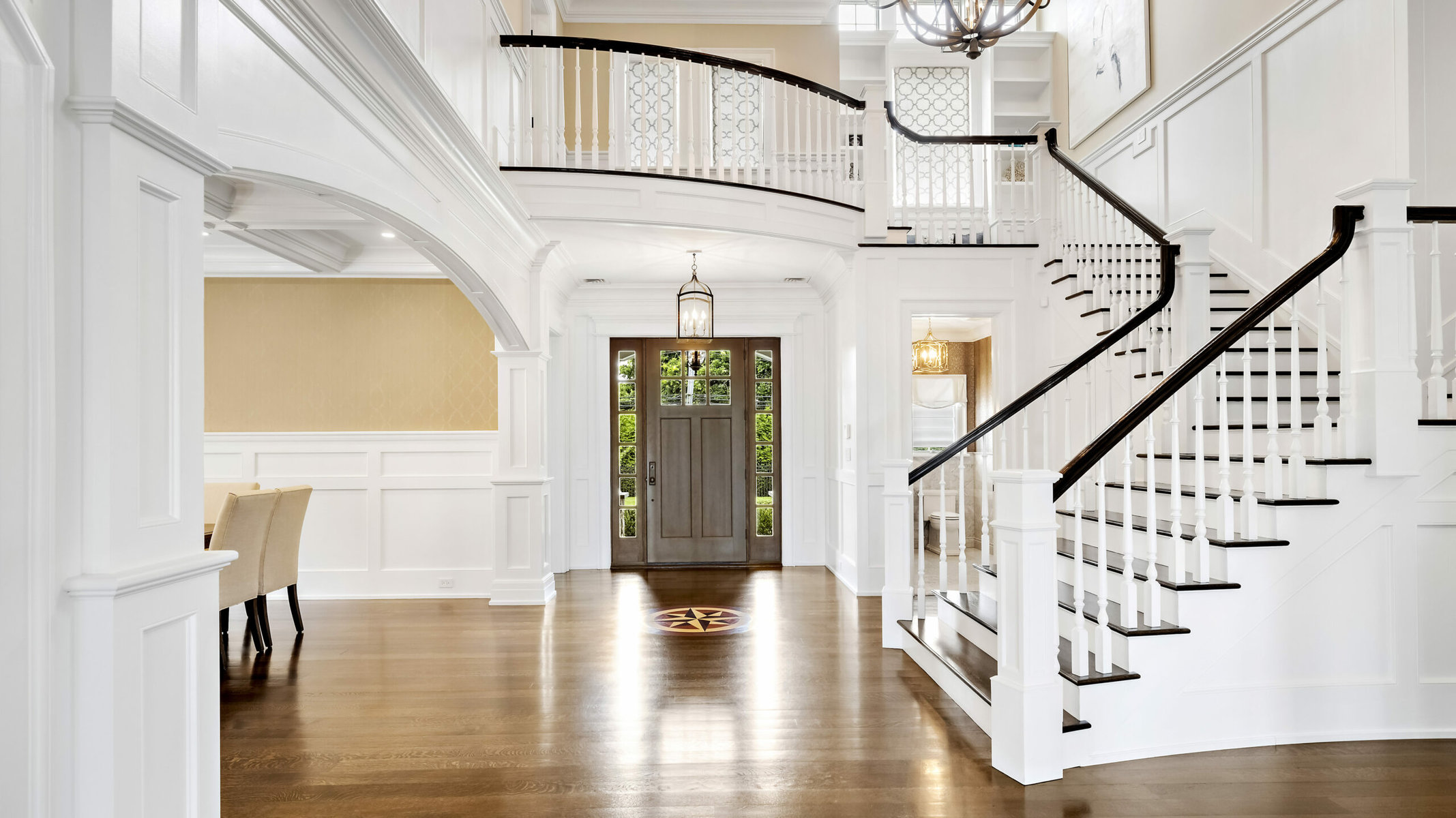
You should discuss with your contractor if it would be better for you to continue to live at home during construction, or if you should find another place to stay for the time being. Staying home may actually end up costing you more money, as the project will most likely be extended due to the builders having to work around you and clean up the area every day. If you decide to move out, consider finding a place to stay nearby so that frequent visits are possible.
6. Decide what you will be doing with your belongings
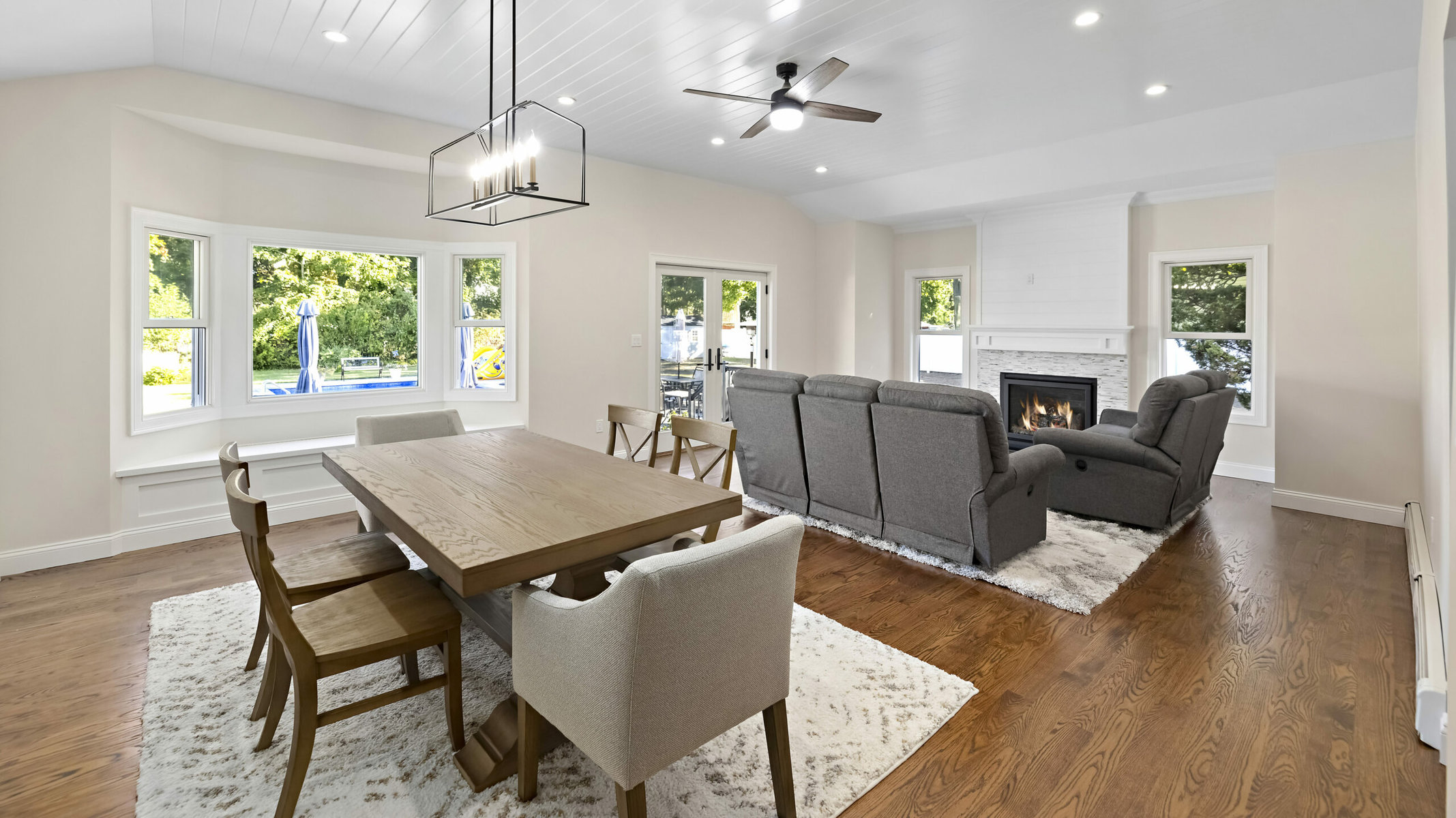
You are going to have to clear the work area(s) of any possessions and furniture before the contractual start date. If you are storing these items in another room of the house, be sure to lock and seal shut the doors. Debris can still manage to slip through even if the doors are sealed, so it’s a good idea to box up or cover your belongings with a dust sheet. If you do not have enough room in your house, you will have to find another place to store your belongings. This could be someone else’s house, a storage container, or a storage unit.
7. Protect your valuables
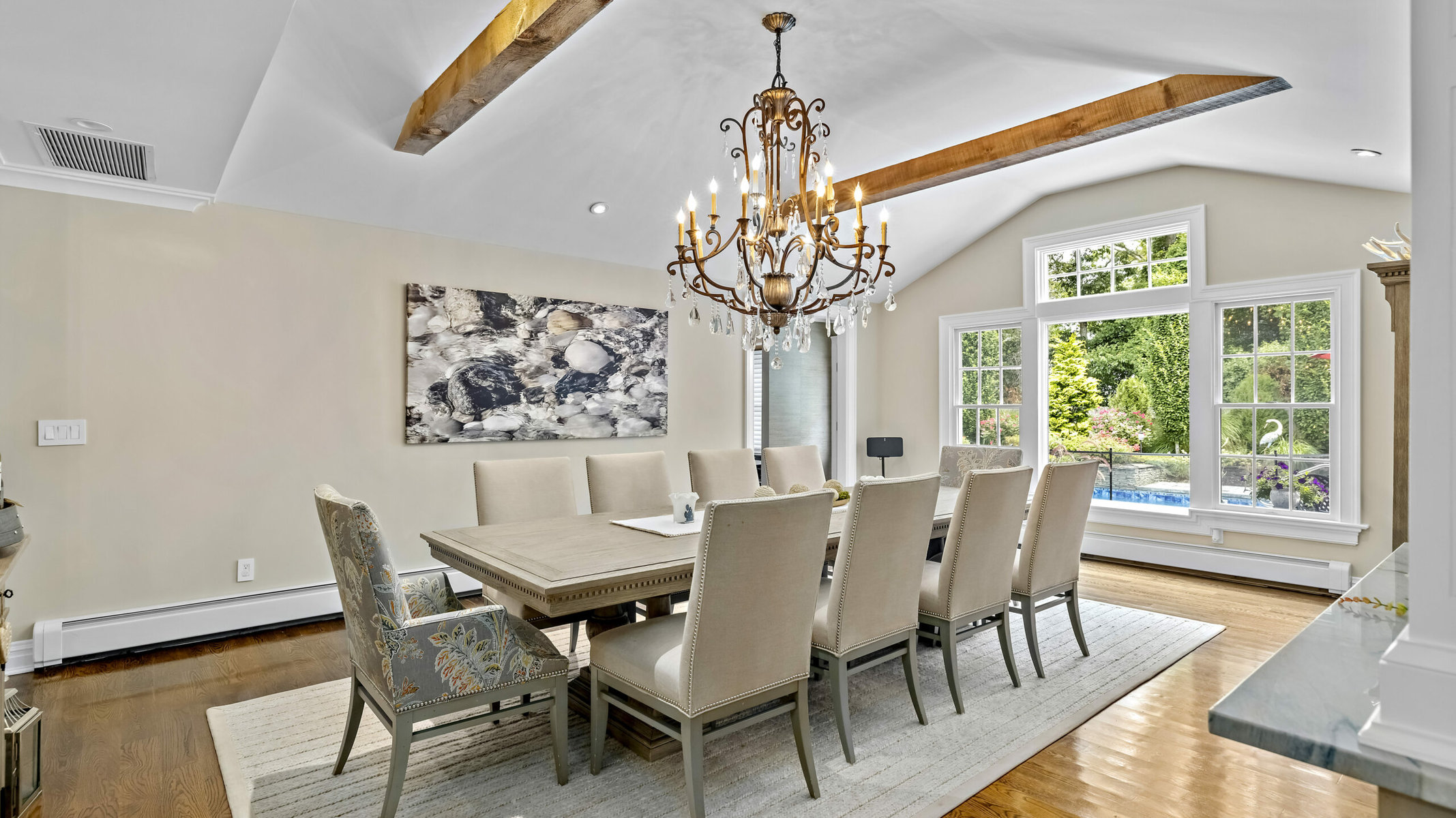
Even if you trust your contractor, it’s extremely important that you do not leave any valuables out. With all the work going on and people constantly coming in and out of your home, it’s easy for things to go missing or break. If this happens, trust issues and conflict can occur.
8. Make a security plan
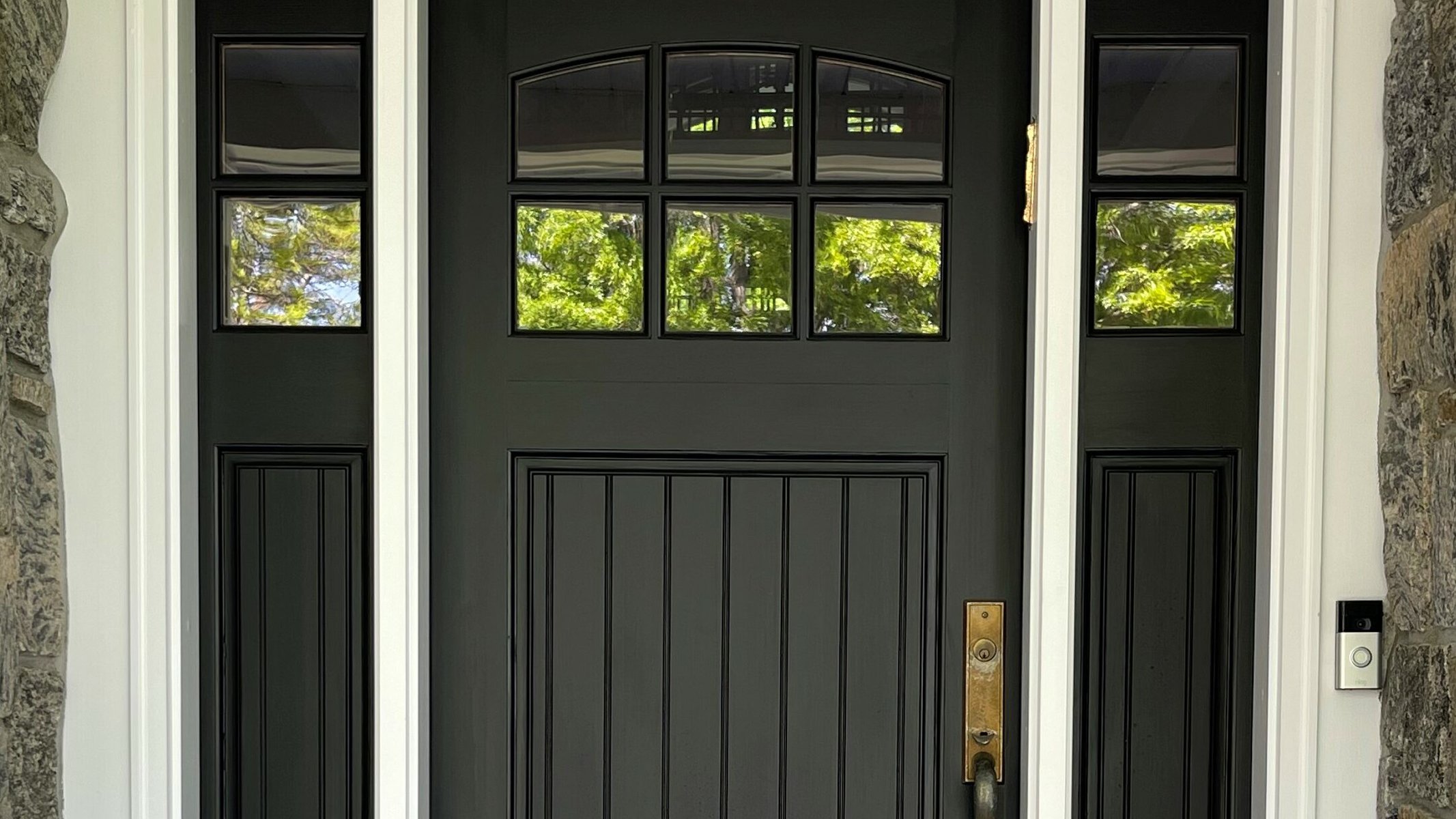
You are going to need to consider how your contractor will be entering your home, especially if you will not be living there. Make copies of keys, and look into buying a lockbox if you don’t want keys to your home just floating around.
9. What can the builders use?
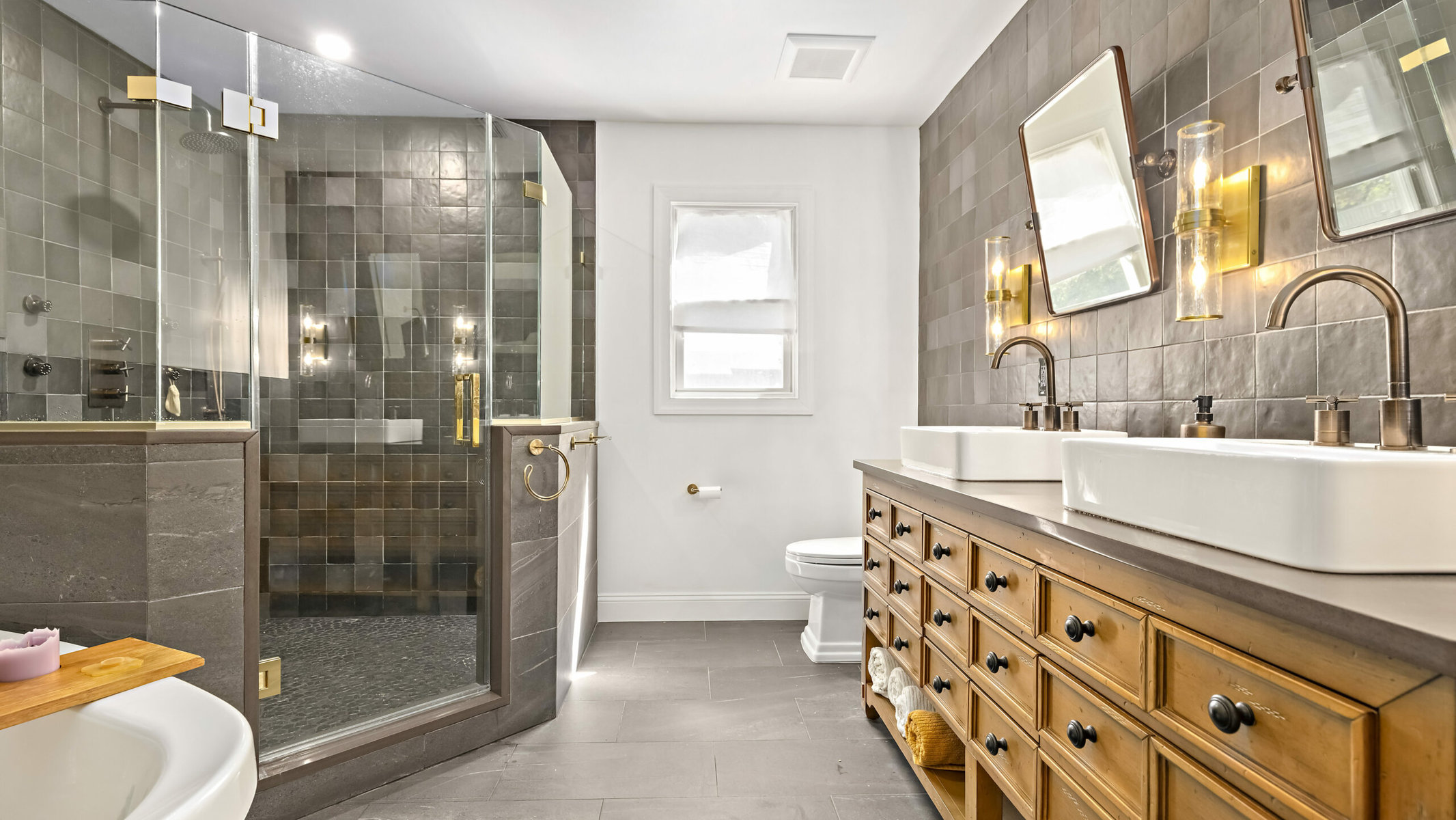
Within your contract, you will have to decide what facilities the builders are allowed to use. This could include bathrooms, water, phones, and electricity. If you don’t want them using your bathroom, then a porta-potty will be necessary.
10. Mentally prepare to be uncomfortable
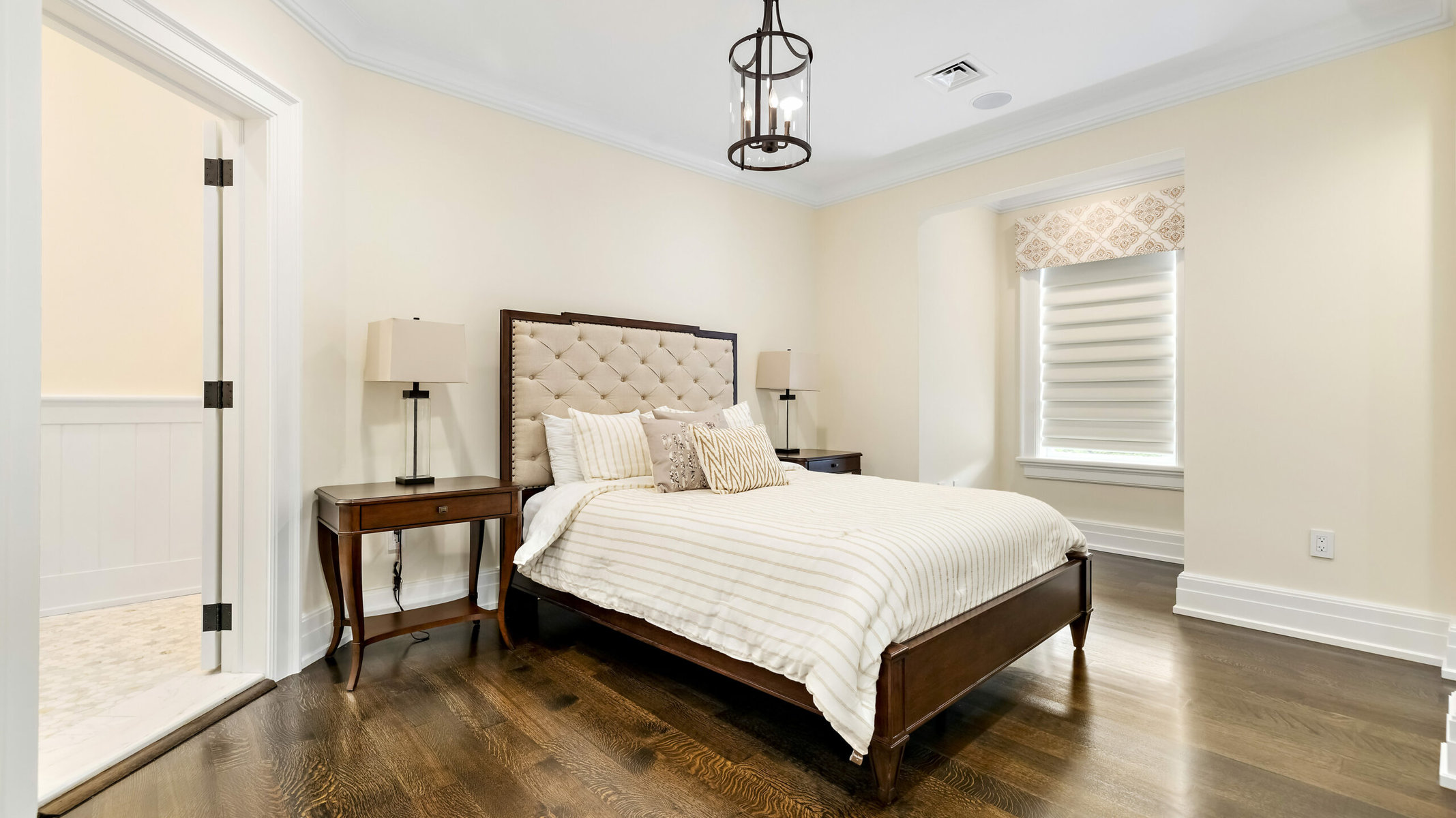
Whether you are living on-site or staying somewhere else, it is not going to be a walk in the park. If you are staying on-site, you will have to deal with constant dust, noise, and people taking up your space. Staying somewhere else can make you homesick. Give yourself time to mentally prepare for the inconveniences you are about to experience.


